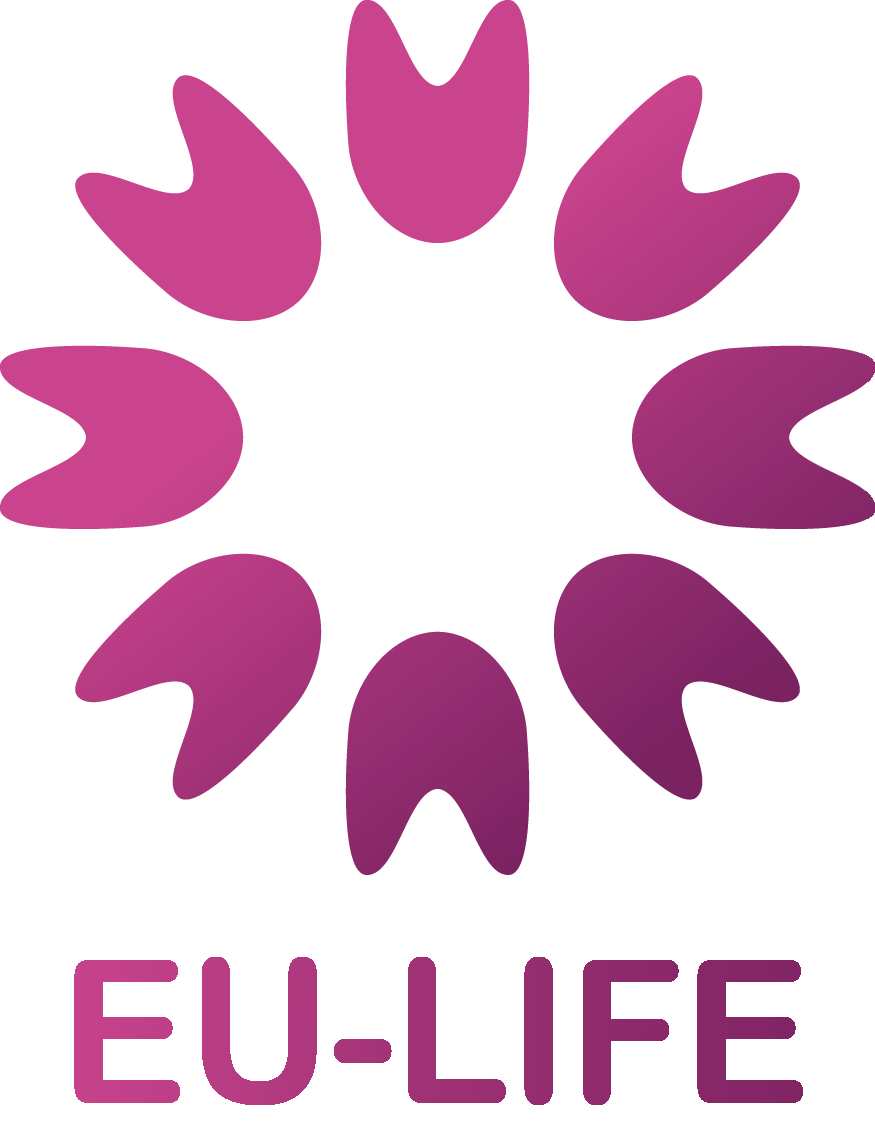LIBRA
Context
From October 2015 to March 2019, LIBRA – an European Commission funded project- brought together the members of EU-LIFE with the support of ASDO, an expert organization on gender, to develop and implement gender equality plans in research institutes.
Project
The project aimed to improve their recruitment policies, support the career development of female staff, generate an inclusive environment, and ensure that the gender dimension is considered in research.
LIBRA assessed the initial status of gender equality in the individual partner institutes and developed innovative actions and tools to increase representation and participation of women in leadership positions in life sciences in Europe and to raise science excellence by including sex and gender dimension in research. The LIBRA approach applied the process of mutual learning in combination with expert support that led to the design and implementation of harmonised and tailored Gender Equality Plans at the research institutes’ level.
The Gender Equality Plans aim to bring about long lasting and profound structural changes to remove institutional barriers and empower all employees (independent of their gender) in their research careers.
Outcomes
A commonly used indicator for improvements in Gender Equality at research institutes is the increasing women’s proportion among Group Leaders at the institutes. Overall, in collaborating EU-LIFE institutes, women Group leaders have passed from 26% to 30% during the project lifespan. They proportionally increased in 6 out of 10 institutes, sometimes taking very big step forward.
The importance of these figures either shouldn’t be under- or over-estimated. Even though we have to stress the fact that GEPs only had 2.5 years to get implemented and group leader turnover is often slow, this is a very satisfying result, comparing to the slow increases in European countries reported by the She figures.
But LIBRA´s real success is the sum of progression in Gender Equality at each individual institute, not counting women in leading scientific positions, but considering two complementary perspectives, (1) the institutional capacity for gender mainstreaming, and (2) actor mobilisation to sustain the change process. The large source of qualitative and quantitative information for the institutional evaluation reports is not easily summarised. Moreover, it is difficult to draw synthetic conclusions when the approach was very attentive to contextualisation. Nevertheless, aiming at wrapping up the analytical work conducted, and presenting only those impacts that all institutes achieved, LIBRA can report on the following results:
Recruitment
-
Revision of the institutes’ job ads for gender-sensitiveness following the recruitment guidelines and all now include a diversity statement or similar sentence.
-
Revision of the institutes’ public websites and PR material for gender sensitiveness, to present potential candidates a more attractive, diverse and inclusive working environment.
-
Setting up proactive search procedures of female candidates for senior positions, some formal and some informal, but regularly practiced.
-
Tracking gender for all steps of recruitment process for PI positions, most are improving their systems to also track postdoc and generally decentralised hiring processes.
-
LIBRA project has provided tools (IAT test, videos on unconscious bias) and/or training (unconscious bias workshops) targeting people in hiring committees; participation levels in such initiatives has been diverse, as well as their institutionalisation into regular training for different target groups.
-
The recommendations in the LIBRA guidelines were formally discussed with institutional stakeholders and selected/tailored for their adoption.
Career Development
-
Each institute participated in the LIBRA Career Compass by selecting two female postdocs; this action is going to be continued in the framework of EU-LIFE; several of the participating postdocs have in the meantime achieved PI positions.
-
LIBRA ran an Implicit Association Test campaign to spread awareness on unconscious bias, particularly targeting hiring committee members and supervisors.
Work Life Balance
-
Improvement of the institutes’ communication tools to disseminate information about available benefits and services for WLB and nearly all have a dedicated webpage were they are all presented.
Sex and Gender dimension in research
-
Screening of internal research for gender-sensitive case studies, and 6 out of 10 have identified studies that were then integrated in the collection
-
Including the online training module into regular training offers, especially for PhD students.
EU-LIFE participation
The LIBRA project finished in March 2019 with successful outcomes creating a very open and constructive community of gender equality specialists within EU-LIFE institutes. However, LIBRA will not be enough to reach gender equality therefore EU-LIFE created a Gender Equality working group, a core team that facilitates both mutual learning and coordinate new activities. The alliance committed as well to adoption of a LIBRA sustainability plan including sustaining some LIBRA actions and developing an EU-LIFE plan to tackle harassment and bullying.
Facts and Figures
30%
of Group Leaders
37%
of Group Leaders
429
trained Group Leaders
52
institutions

